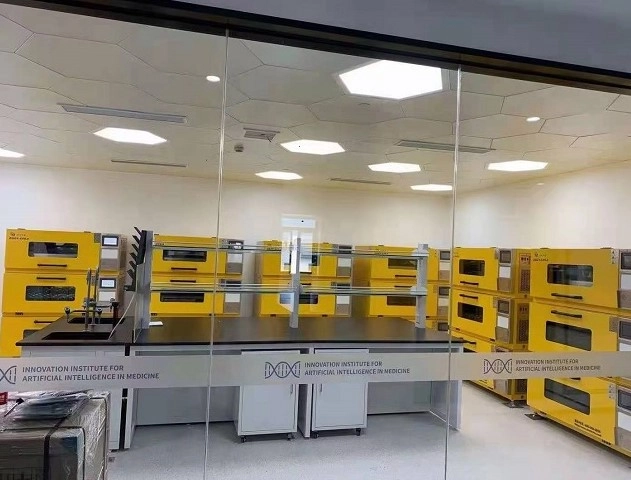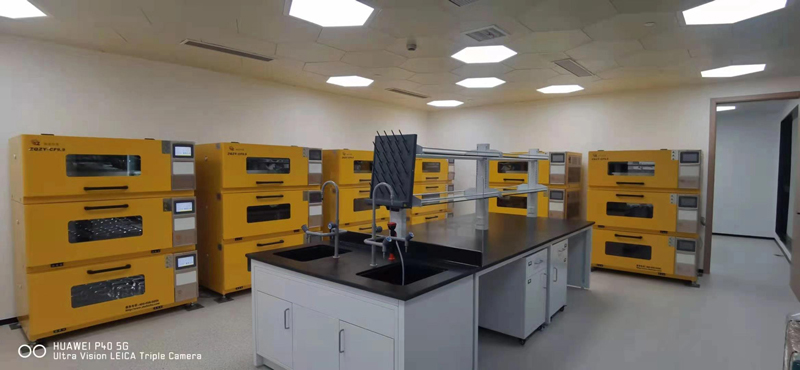1. Animal cell culture
Among all cell cultures, the most difficult is animal cell culture. The following are the special conditions it requires.
1) Serum: Animal cell culture often requires serum. The most commonly used is calf serum. Serum provides essential growth factors, such as hormones, trace elements, minerals and fats. Here, serum is equivalent to a natural nutrient solution for culture of animal cells.
2) Support: Most animal cells have the habit of growing adherently. Culture usually uses glass, plastic, etc. as
supports.
3) Gas exchange: The ratio of carbon dioxide and oxygen must be continuously adjusted during the cell culture process to continuously maintain the required gas conditions.

2. Plant cell culture
1)Light: Plant cells cultured are not very strict with light conditions, because the materials needed for cell growth are mainly supplied by the medium. However, illumination is not only related to photosynthesis, but also related to cell differentiation. For example, photoperiod can regulate sex cell differentiation and flowering. Therefore, light conditions are particularly important in the early plant cell culture process for the purpose of obtaining plants.
2)Hormones: The division and growth of plant cells require the regulation of plant hormones. Growth-promoting auxins and cell division-promoting mitogens are the most basic hormones. The division, growth, differentiation and individual growth cycle of plant cells are regulated by corresponding hormones.

3. Microbial cell culture
Microorganisms are mostly single-celled organisms, and the living conditions in the wild are relatively simple. Therefore, the conditions for artificial culture of microorganisms are much simpler than that of animal and plant cells. Among them, anaerobic microorganism cultivation is more complicated than aerobic microorganisms, because strict anaerobic needs to maintain the concentration of non-oxygen inert gas such as carbon dioxide, while aerobic microorganisms only need to provide sterile oxygen through constant stirring.
Microorganisms have less stringent requirements for culture conditions than animal and plant cells.

 English
English








